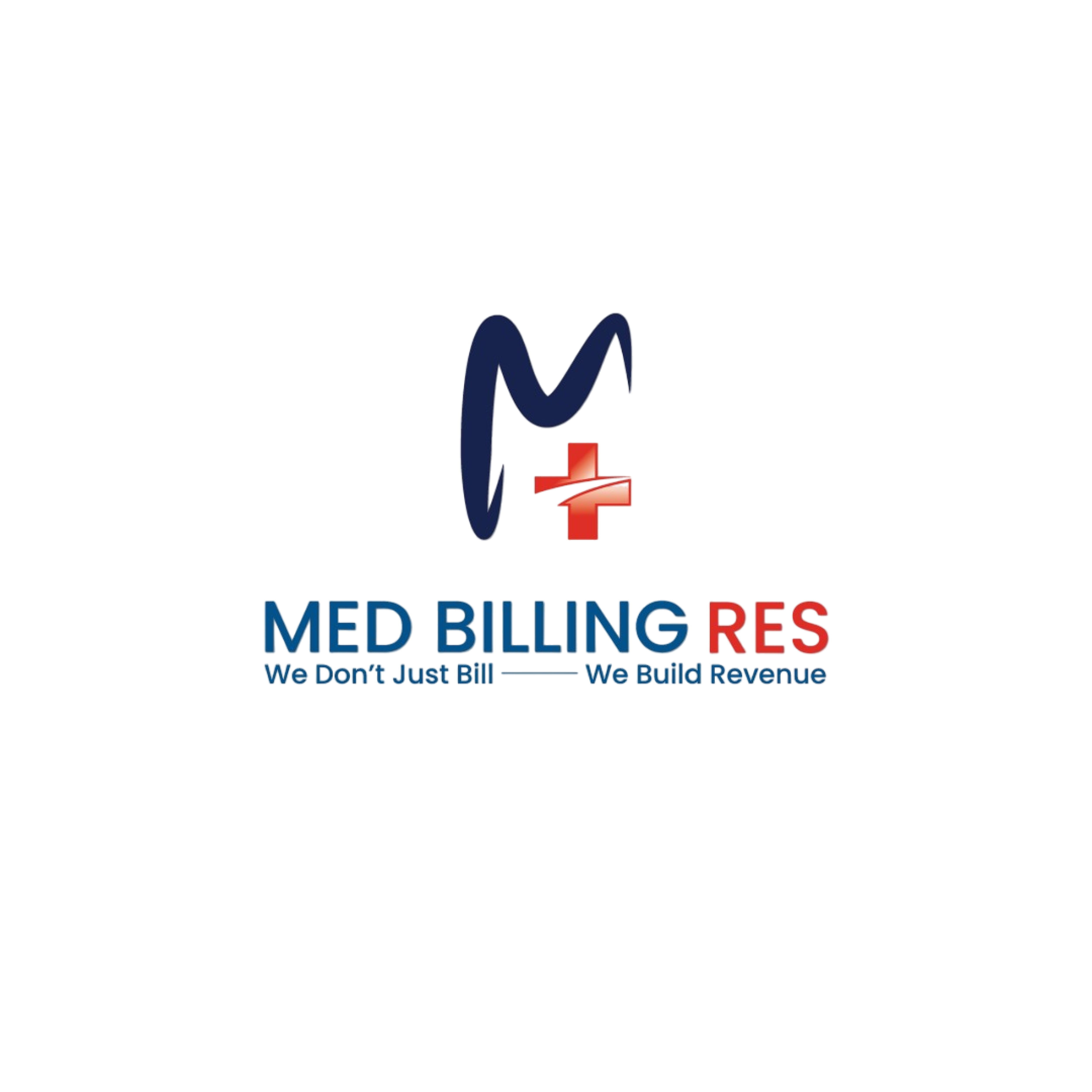HIPAA compliant billing has become more complicated than ever. In 2024 alone, over 133 million healthcare records were breached, and penalties for violations often exceeded $1 million per case. For billing departments, this means the stakes are higher than ever.
Things grew even tougher in 2025 when HHS announced the first major Security Rule update since 2013. New requirements include mandatory multi-factor authentication, encryption for all PHI, and stricter vendor oversight.
Whether you’re running a small practice or a large healthcare organization, you need to adapt fast. Staying compliant protects you from costly fines while safeguarding patient trust. This guide from Med Billing RES breaks down the latest rules and provides a practical compliance checklist for 2025.
How Impacts HIPAA Compilant Billing
Who Must Comply?
- Covered Entities – healthcare providers, health plans, and clearinghouses processing electronic health data
- Business Associates – vendors, consultants, and billing partners handling PHI
Three Core Rules That Shape Billing
- Privacy Rule – governs use and disclosure of patient billing information
- Security Rule – requires administrative, technical, and physical safeguards for ePHI
- Breach Notification Rule – sets standards for reporting and managing billing data breaches
Together, these ensure that billing operations stay secure from claim submission to final payment.
New HIPAA Compliant Billing Requirements for 2025
Key Security Rule Updates (Effective January 2025)
- Multi-Factor Authentication (Mandatory) – all billing systems must enforce MFA
- Encryption Required – both stored and transmitted PHI must be encrypted
- Annual Penetration Tests – plus vulnerability scans twice a year
- 24-Hour Vendor Alerts – business associates must notify you within a day if issues arise
Stricter Enforcement
- OCR investigations surged 264% after 2024’s ransomware wave
- Delays in giving patients their billing records now face heavier penalties
- Practices must keep compliance documentation for six years
What used to be “best practice” is now mandatory.
HIPAA Compliant Billing Checklist for 2025
1. Conduct a Complete Risk Assessment
Map out all systems handling billing data — EHRs, clearinghouses, vendor portals. Document risks, vulnerabilities, and safeguards. Update annually or whenever systems change.
2. Implement Multi-Factor Authentication
Apply MFA across all billing tools — practice management systems, clearinghouse portals, vendor apps, and PHI-related email.
3. Encrypt All Data
Protect both stored and transmitted PHI using at least AES-256 encryption. Verify vendor compliance and document your encryption process.
4. Restrict and Manage Access
Create role-based permissions (e.g., claims processors vs. billing managers). Cut off access within 1 hour when employees leave or switch roles.
5. Build an Emergency & Vendor Alert Plan
Define clear response steps for breaches or ransomware. Update Business Associate Agreements to enforce 24-hour incident reporting.
6. Schedule Security Testing
Perform yearly penetration tests and semi-annual vulnerability scans. Focus on billing system connections, vendor portals, and payment gateways.
7. Log and Monitor Billing Activity
Track logins, claim edits, PHI access, and failed attempts. Review logs monthly and conduct yearly compliance audits.
8. Keep Records Securely
Retain all compliance documents, audits, and training logs for at least 6 years. Destroy outdated PHI using certified shredding or DoD-approved electronic wipes.
9. Train Your Billing Team
Provide yearly HIPAA training with billing-specific scenarios (fraud detection, secure PHI communication, phishing awareness). Update content after policy changes.
10. Review Claims Before Submission
Run daily quality checks for duplicate Medical billing, coding errors, missing documentation, and compliance gaps. Combine automated alerts with manual staff reviews.
Patient Rights in Hipaa Compliant Billing
- Access Within 30 Days – patients must receive billing info promptly
- Electronic Formats – provide PDFs, spreadsheets, or portal access when possible
- Reasonable Fees Only – charge only for production costs, not staff time
- Amendments Allowed – patients may request corrections; responses due within 60 days
OCR has increased fines for slow or denied access requests, making this a top priority.
Preparing for HIPAA Compliant Billing Audits
- Keep organized, dated compliance records
- Run quarterly internal audits based on OCR methods
- Focus on high-risk areas (patient access, breach response, vendor management)
- Assign a dedicated audit response team
- Ensure policies match real-world practice
FAQs – HIPAA-Compliant Billing
Q1. What changed in HIPAA rules for 2025?
Multi-factor login, strict encryption, faster vendor alerts, and tougher audits are now mandatory.
Q2. How does Med Billing RES keep billing compliant?
We secure data, manage risks, and ensure error-free claims with HIPAA-ready systems.
Q3. What happens if compliance is ignored?
It can lead to heavy fines, lost revenue, and damaged patient trust.
Final Thoughts Of HIPAA Compliant Billing
HIPAA compliance in Medical billing is no longer just about data privacy — it’s about full-scale security management. The 2025 updates demand stronger encryption, faster breach reporting, vendor accountability, and stricter audit readiness.
With Med Billing RES, your billing operations stay compliant, secure, and efficient. By following our 10-point checklist, training your staff, and keeping audit-ready documentation, you’ll avoid penalties and protect patient trust.
Stay proactive today — safeguard your billing tomorrow.
Contact Us
info@medbillingres.com

